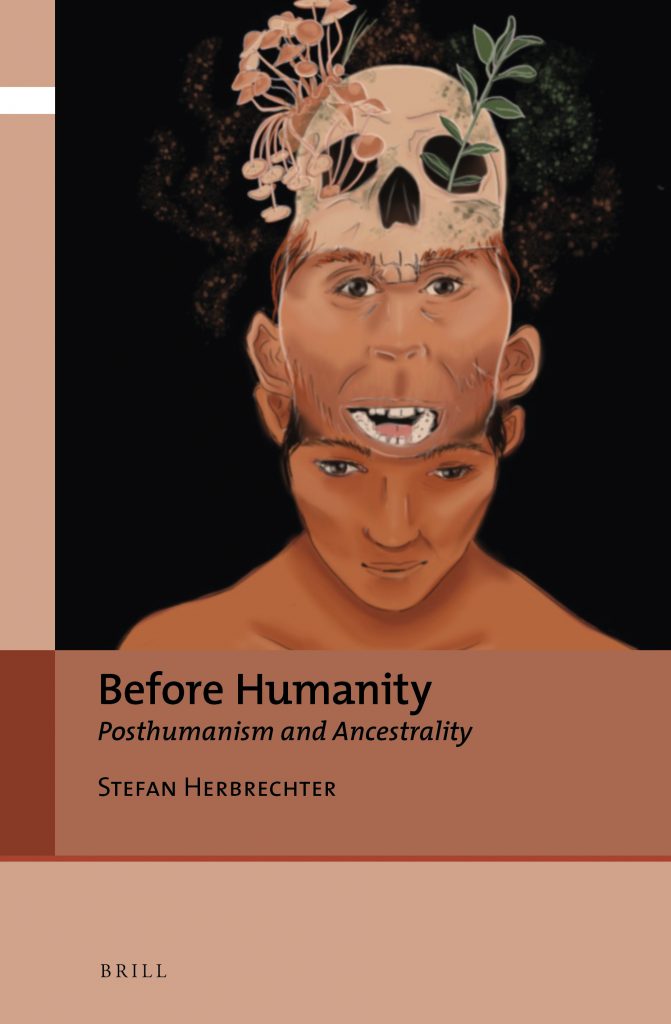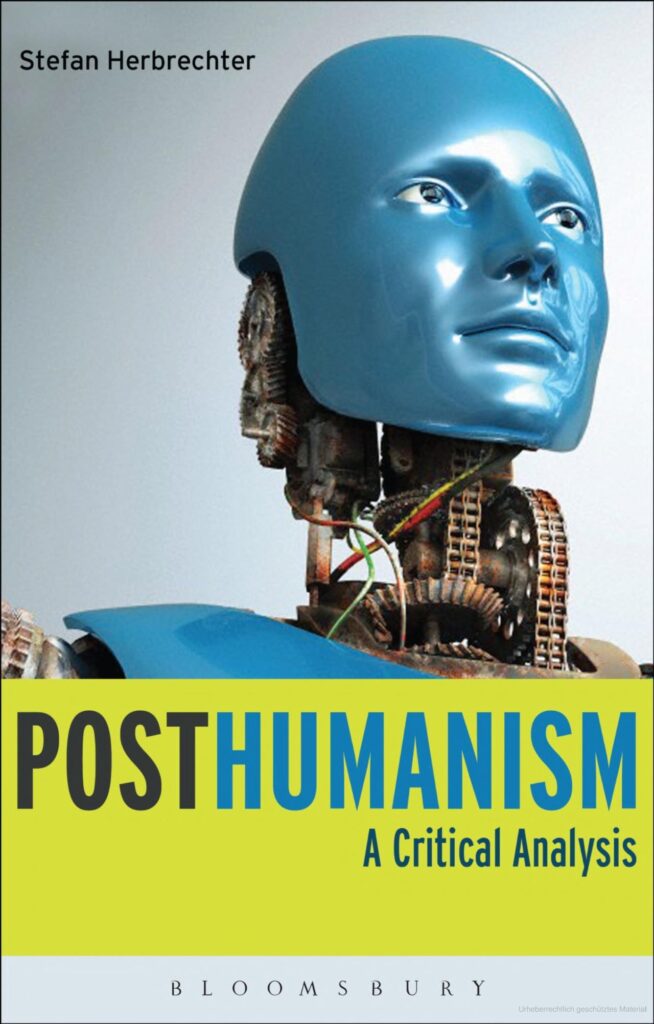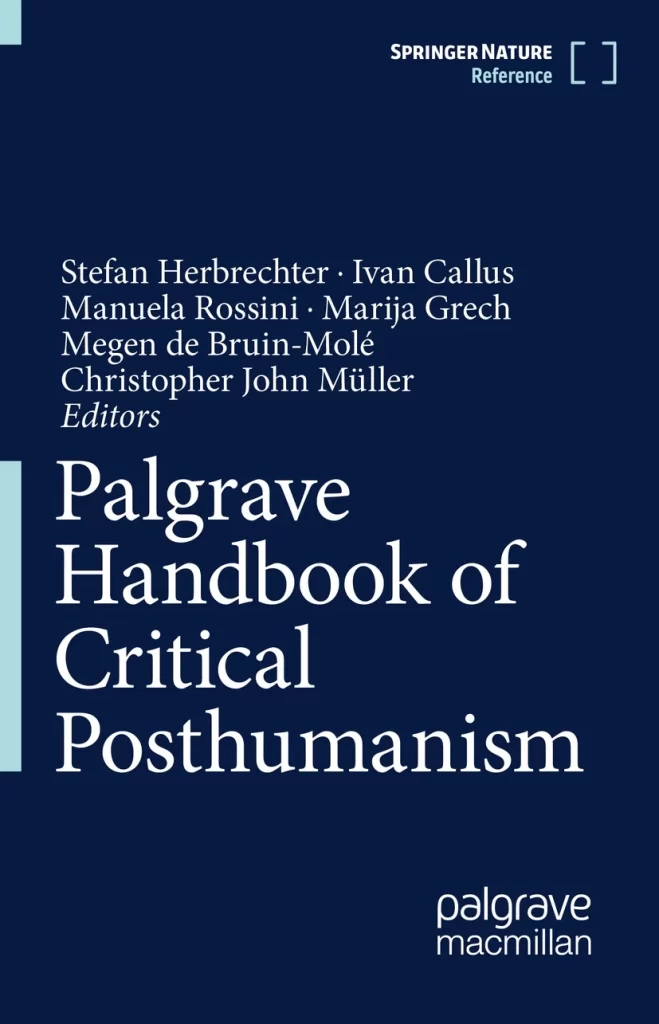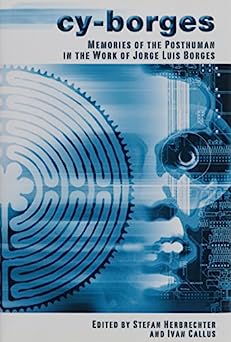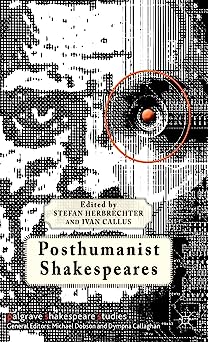The introduction for a special issue of Word & Text (2025/2026) on “(De)Constructions of the Future”. Here is the draft CFP.
An invited talk I gave in Tübingen, in July 2022 (in the presence of James Hughes, Steve Fuller and Cheryce von Xylander. It will be making an appearance in a volume with my collected essays on critical posthumanism entitled Un/Learning to be Human (in 2024).
A talk on Heidegger and technology I gave at a conference on Was wird Denken heißen? in Karlsruhe a while ago. It will hopefully become part of a collection of my essays on posthumanism in German over the years…
A piece on Kundera and animal studies – never published. An updated version will appear in 2024 in my collected essays on posthumanism and literature (Solidarities with the Non/Human).
Originally a talk given in 2010 at the Zoontotechnics (Animality/Technicity) conference in Cardiff, which looks into the discussion around “cultured” or “in vitro meat”. An updated and augmented version with a reading of Margaret Atwood’s Oryx and Crake will be published in a volume with my collected essays on critical posthumanism and literature in 2024, entitled Solidarities with the Non/Human.
An early version of an essay that might appear in a handbook on media art…. but who knows? The idea of “art without humans” is something I will return to in a volume collecting other essays on “science faction”.
This is a piece that critically discusses the use of figures (and the “politics of figuration” at work) in new materialist feminism and posthumanism (i.e. Haraway, Hayles and Braidotti). It’ll appear in a volume edited by Nidesh Lawtoo in our Brill series (in 2024).
An early version of what has now been published in Christine Daigle’s and Matt Hayler’s volume on Posthumanism in Practice (Bloomsbury 2023). The (admittedly highly problematic) idea of “un/learning” to be human is something I intend to pursue further in a volume on posthumanist education.
First version of an essay published in Posthuman Pathogenesis, eds. Basak Agin and Safak Horzum (Routledge 2023). It’s part, on the one hand, of a future investigation to human(ist) affectivities – or affects that are supposed to make us “human” – and, on the other hand, an ongoing investigation into posthumanism and tragedy (cf. my recently edited special edition of CounterText).
This is an advanced draft of an essay to be published in a volume on Italian Posthumanism (edited by Gloria Lauri-Lucente and Fabrizio Foni for our Brill series). It’s a posthumanist reading of Elio Vittorini’s Uomini e no, 1945 (trans. as Men and Not Men, 1985) with a special focus on Vittorini’s “dogged” humanism based on the idea theat “the victim is always more human than the perpetrator”. Its aim is to deconstruct the human-animal opposition that underlies the logic of sacrifice and resistance in the face of evil and suffering. Vittorini’s work in this (existentialist) context is emblematic of that of an entire generation of (post-)WWII and (post-)Holocaust writers and their engagement with the limits of the human and their exploration of the abyss of inhumanity. With its revolt against the “human condition” the desperate humanism of Vittorini’s generation remains extremely relevant for a contemporary critical posthumanism engaged in a rethinking of the human-nonhuman distinction from a postanthopocentric point of view. In this sense, the piece is also part of the mentioned shift towards human(ist) affectivities (and how to “unlearn” them).

